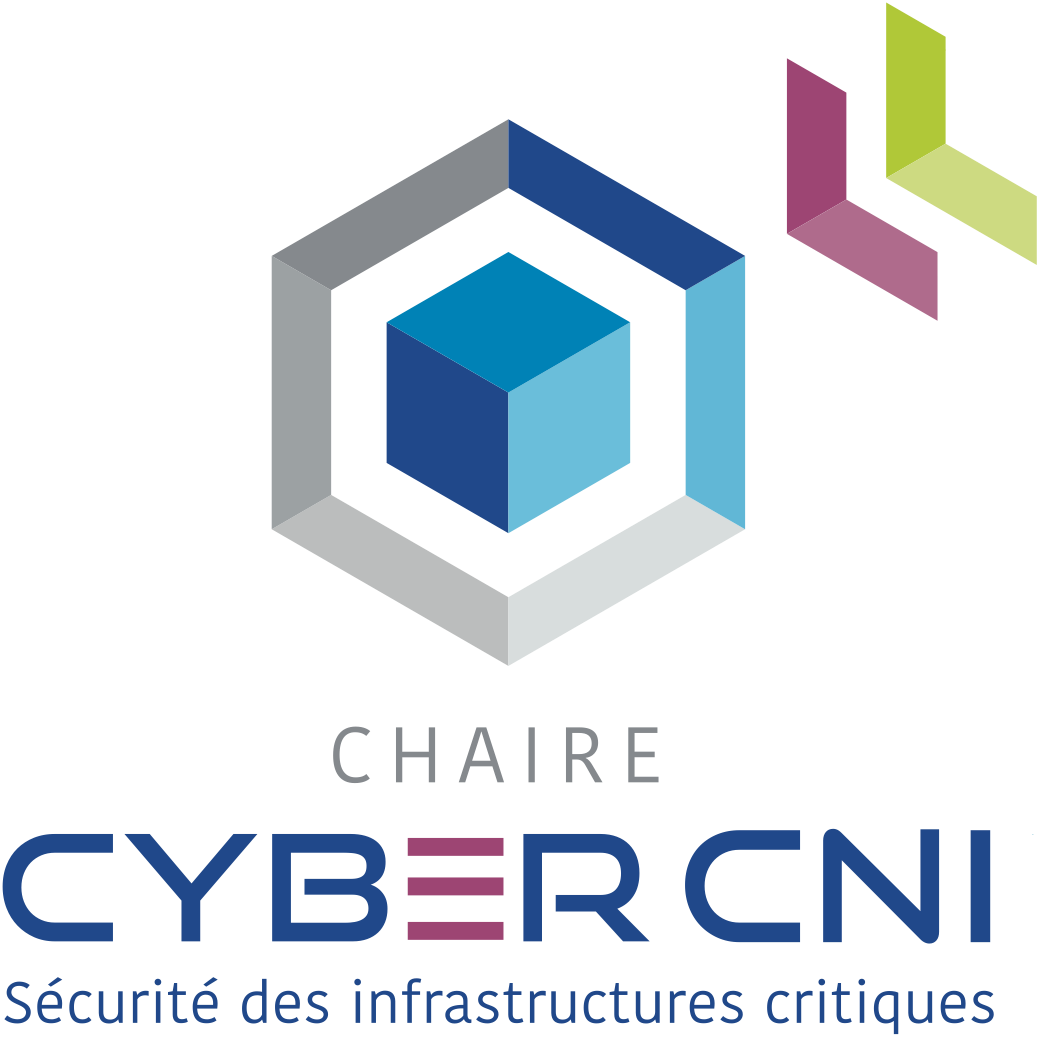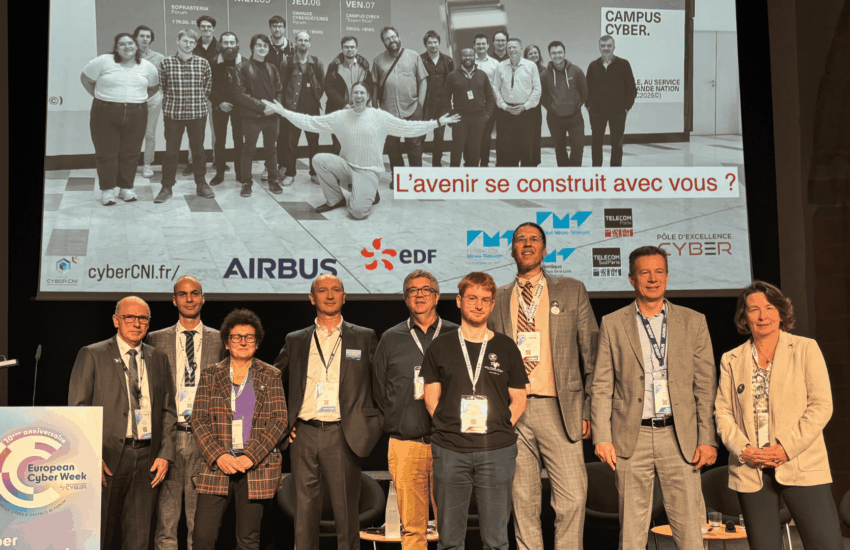AI : Prof. Marc-Oliver Pahl writes a powerful article on the challenges of AI
Professor Marc-Oliver Pahl, holder of the Cyber CNI chair at IMT Atlantique, has written an article in the 10th issue of .Inf – Das Informatik-Magazin, published by the Gesellschaft für Informatik (GI). His article, entitled “Game Over,” addresses the major upheavals caused by generative artificial intelligence (generative AI) in our society. He focuses in particular on its effects on access to information, trust, and cybersecurity.
When technology outpaces society
Today, tools such as VEO 3, developed by Google, make it possible to create ultra-realistic videos from simple sentences. This makes it very difficult to distinguish between what is true and what is false.
Furthermore, AI heavily personalizes the information we receive. As a result, everyone lives in an “echo chamber,” with their own view of the world. This fragmentation undermines public debate and weakens trust between citizens.
Continuity in thinking
This article echoes a previous work by Professor Pahl, published in the summer of 2024 in Volume 2 of « Lutte contre les manipulations de l’information – Regards croisés de spécialistes et d’acteurs du domaine » produced by the Pôle d’excellence cyber. Entitled “Le rôle central de l’IA générative pour les fake news – Une perspective de recherche” this text explored in depth the capabilities of AI to generate misleading content and offered a detailed analysis of three areas of response: detection, mitigation, and ethical reflection. These two publications thus form a coherent reflection, both theoretical and applied, on the new risks of disinformation and ways to respond to them collectively.
A new era for cybersecurity
These developments have serious consequences for cybersecurity.
Thanks to AI, it is now easy to create highly realistic and targeted attacks. Phishing messages can be generated automatically, as can malicious computer scripts.
This makes cyberattacks more accessible and dangerous, particularly for critical infrastructure. This is precisely the area of research covered by the Cyber CNI Chair.
JudgeGPT: a tool for defending yourself
To address these threats, Professor Pahl highlights the research conducted at the Cyber CNI chair, particularly the development of the JudgeGPT tool with his team.
This application helps detect whether a text has been written by a human or AI, and whether it is true or false. The aim is to strengthen media literacy, i.e. the ability of individuals to understand, analyze, and evaluate the information they receive.
A collective responsibility
Professor Pahl reminds us that AI is not inherently bad. However, its rapid deployment without a clear framework poses many risks.
He therefore calls for an open, responsible, and urgent debate. Researchers, institutions, and citizens must work together to support these technologies and protect society.
For more information :
Marc-Oliver Pahl, Game Over, published in .Inf – Das Informatik-Magazin, No. 10 – Summer 2025, Gesellschaft für Informatik (GI)
To go further :
Take action against misinformation and participate in our survey on misinformation by generative AI.
- Marc-Oliver Pahl reappointed as president of the German Chapter of the ACM - February 26, 2026
- Marc-Oliver Pahl reconduit à la présidence du German Chapter of the ACM - February 26, 2026
- NOMS 2026 : a scientific program of excellence - February 25, 2026











